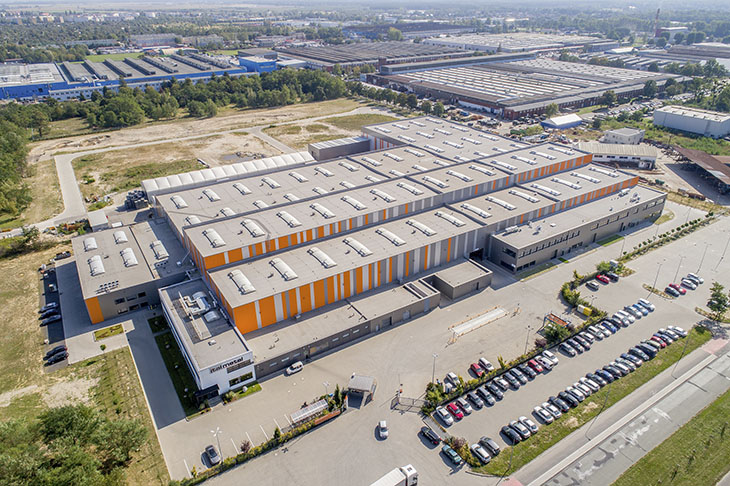
The level of national bureaucracy has long been a topic of heated debate in Poland. Despite complex procedures, foreign direct investments’ value remains at a competitive level in comparison with the countries of Central and Eastern Europe.
It is often said that complex bureaucratic procedures in Poland are one of the main causes which deter foreign investors. What is the actual state of affairs? In a statement given as part of the ConQuest Consulting report,PiotrMaszczyk, PhD andAssociate Dean of the Warsaw School of Economics (Szkoła Główna Handlowa, SGH), said: “Issues such as bureaucracy, inefficient state,burden of taxes are often discussed in Polish politics (…). If a country offers favourable development opportunities, investors will come and will overcome the obstacles, providedit is profitable for them. No one could convince me that the Chinese administration is more efficient than the Polishone; nevertheless, investors flock to China, because there are some other issues that matter. Of course, this issue is important, but it shouldn’t be overestimated. There was a timepeople talked in Poland about "a single window" [a single place in an office where one would complete all formalities], as if it had been crucially important."
The level of bureaucracy is one of the factors taken into account in the process of establishing a business. Lengthy procedures may expose investors to losses and the rapidly changing economic environment may result in loss of market position. However, in most cases, especially with regard to enterprises, there are other factors of much greater importance, such as the expected long-term investment return, absorptive internal market and secure investment climate.
Chart 1.The correlation between the number of hours required to complete tax formalities and the share of FDI inflows in GDPin individualcountries in 2012.

Source: Own work based on Doing Business Project–The World Bank, 2013 and Euromonitor International.
Poland, despite considerable procedures connected with completing tax formalities, is in fourth place with regard to the percentage share in foreign direct investmentsin GDP among the countries that were analysed. Interestingly, comparing the absolute values, Poland’s FDI inflows amounted to€10.89 billion, while in the country that follows Poland, the Czech Republic,FDI inflows amounted to€3.89 billion. What drives foreign investors who decide to invest in Poland?
An answer to this question will be soon to be found in Reach the Central and Eastern Europe, a report prepared by ConQuest Consulting. It will include a detailed analysis of the investment attractiveness of Poland and other EU members from Central and Eastern Europe, as well as Croatia, which is to access EU in July 2013. The data included in the analysis come from secondary sources, such as databases, and primary sources—interviews with experts in foreign investment and the trade exchange between European countries, as well as representatives of foreign companies which invested in Poland. The report is planned to be published at the the beginning of February 2013. The report will be available to be downloaded free of chargefrom the ConQuest Consulting website.



















